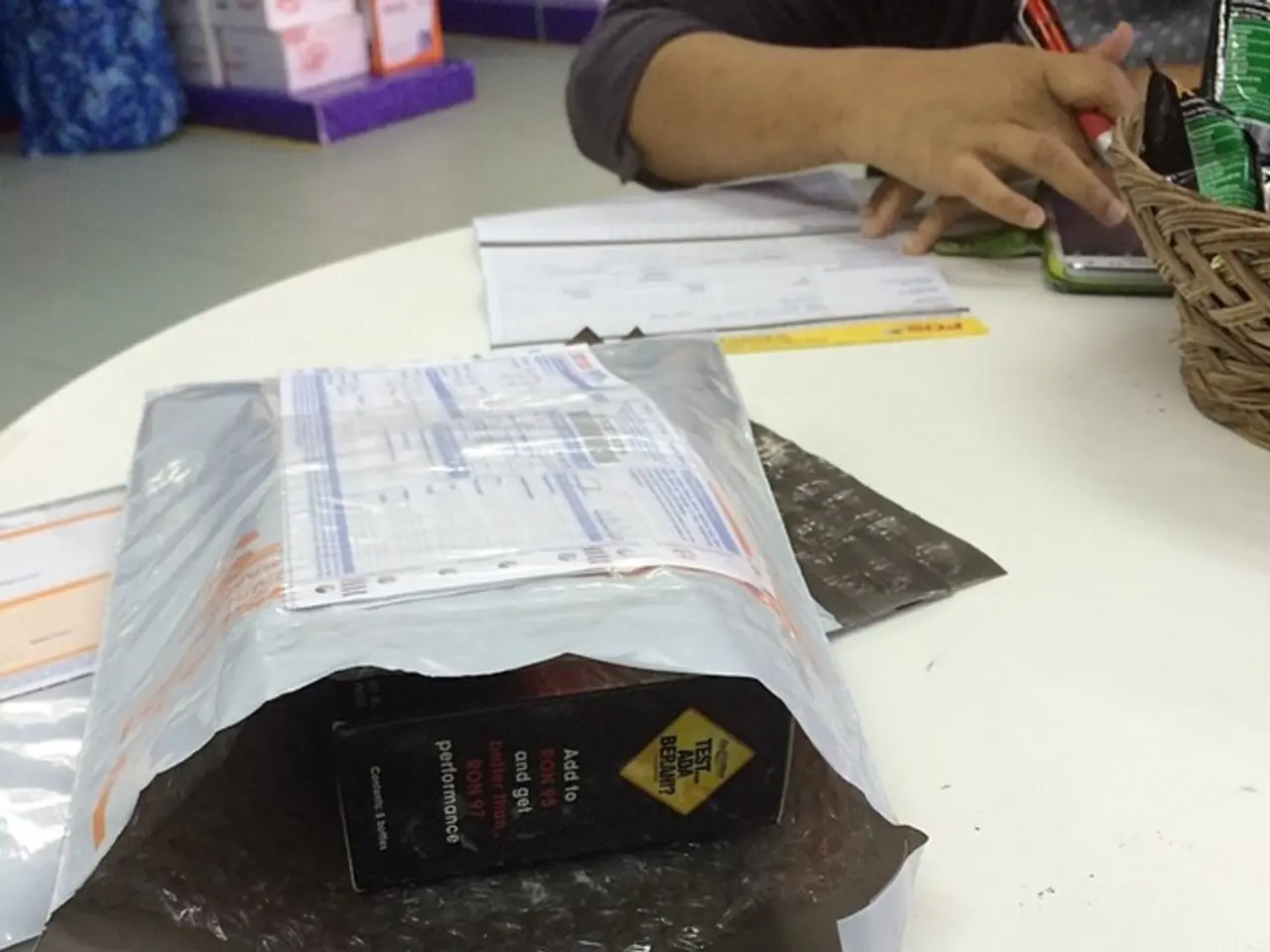The Importance of Soil and Its Uses
In a video circulating on social media, a resident of Oymyakon region, Anton Tolstikov, questions the benefits of industrial development and gold mining in the region, particularly in Ust-Maya. The video was recorded after a meeting between Aisen Nikolaev, the head of Yakutia, and resource extractors in the Ust-Nera settlement.
The meeting was attended by local representatives of enterprises, some of whom were also affected by recent floods. The concerns raised by Tolstikov resonate with many residents, who have long expressed their dissatisfaction with the negative impact of industrial development on their communities.
Ust-Maya, once home to farming, livestock, manufacturing, and various industries, has become unprofitable, leading to a lack of resources and infrastructure. Residents struggle with a lack of work, roads, and medical services, and there is currently no high school in Ust-Maya.
Tolstikov's main concern is the uneven distribution of tax revenues, which contributes to ongoing economic challenges in the region. Large coal companies like Yakutugol, owned by major holding companies based outside the region, generate substantial profits but primarily support these external owners and the federal budget rather than local governments or communities.
This situation contrasts with some other Russian regions struggling with industrial decline, where local support from owners has sometimes mitigated impacts. In Yakutia, the coal deposits remain viable due to cheaper open-pit mining, yet the local socioeconomic benefits remain muted.
Aisen Nikolaev acknowledged the concerns and urged resource extractors to show social responsibility, solidarity, and humanity. He also stated that taxes from gold mining amount to 25 billion annually. In response to the video, the authorities have increased support measures for affected residents following visits to the flooded villages.
The Il Tumen, the regional parliament, could pass a law to direct part of the profit tax to local municipal budgets, allowing people to see benefits from the industry in their territory. However, the decision to direct part of the 17% profit tax to local municipal budgets lies with the subject's law, and Moscow has no say in it.
According to "Author's View", the republican authorities prefer to collect all the money in the republic's budget and then distribute it among the uluses, similar to the federal budget. This approach has been criticised for not addressing the immediate needs of local communities.
The distribution of profit tax significantly shapes the perceived benefits of industrial development for local populations in Yakutia, Russia. The republican authorities have the right to direct part of the 17% profit tax to local municipal budgets, but the decision is made by the subject's law, and Moscow has no say in it.
In summary, the distribution of profit tax in Yakutia largely channels wealth out of the region, dampening local perceptions of benefit from industrial development despite ongoing resource extraction and production. The republican authorities have the right to direct part of the profit tax to local municipal budgets, but the decision is made by the subject's law, and Moscow has no say in it.
The concerns about the benefits of industrial development in Yakutia, as voiced by resident Anton Tolstikov, revolve around the uneven distribution of tax revenues in the finance sector. This distribution has a significant impact on the perceived benefits of business activities in the region, as a large portion of the profits from companies like Yakutugol are channeled outside the region.
The Il Tumen, the regional parliament, has the power to pass a law directing part of the profit tax towards local municipal budgets, potentially improving local business conditions by making the benefits of industrial development more tangible. However, the decision to direct part of the 17% profit tax to local municipal budgets rests with the subject's law, and ultimately, Moscow has no influence over this decision.




